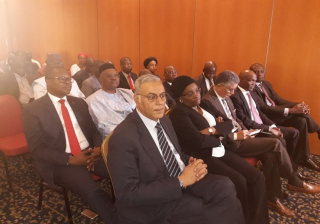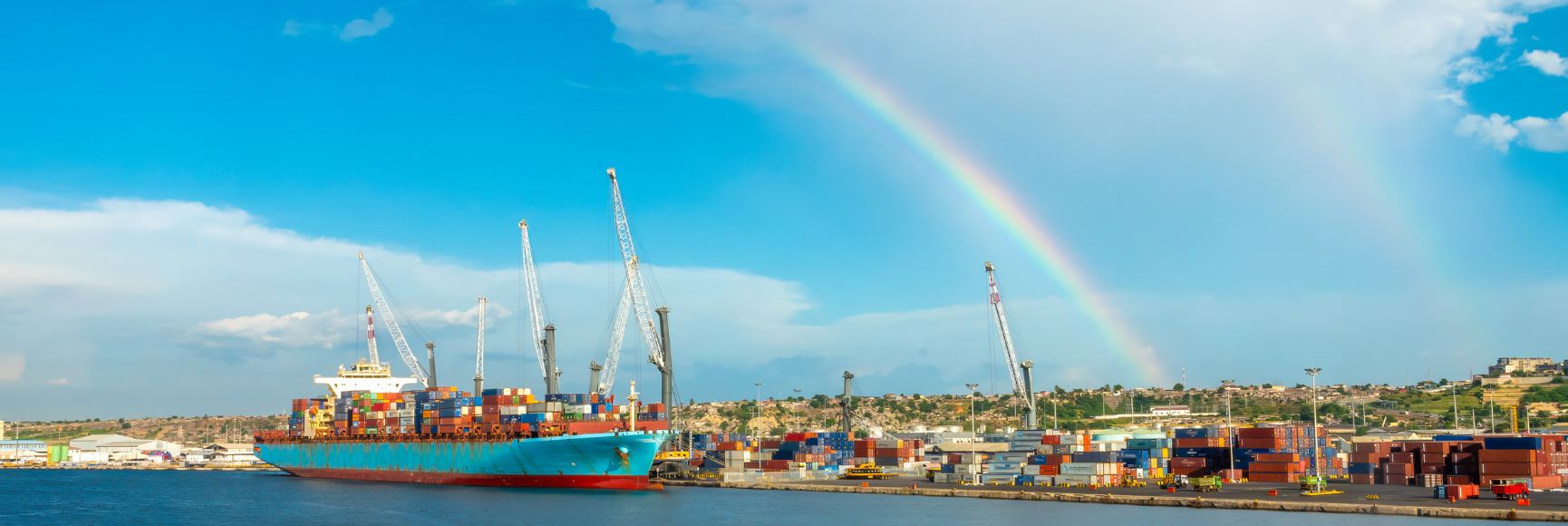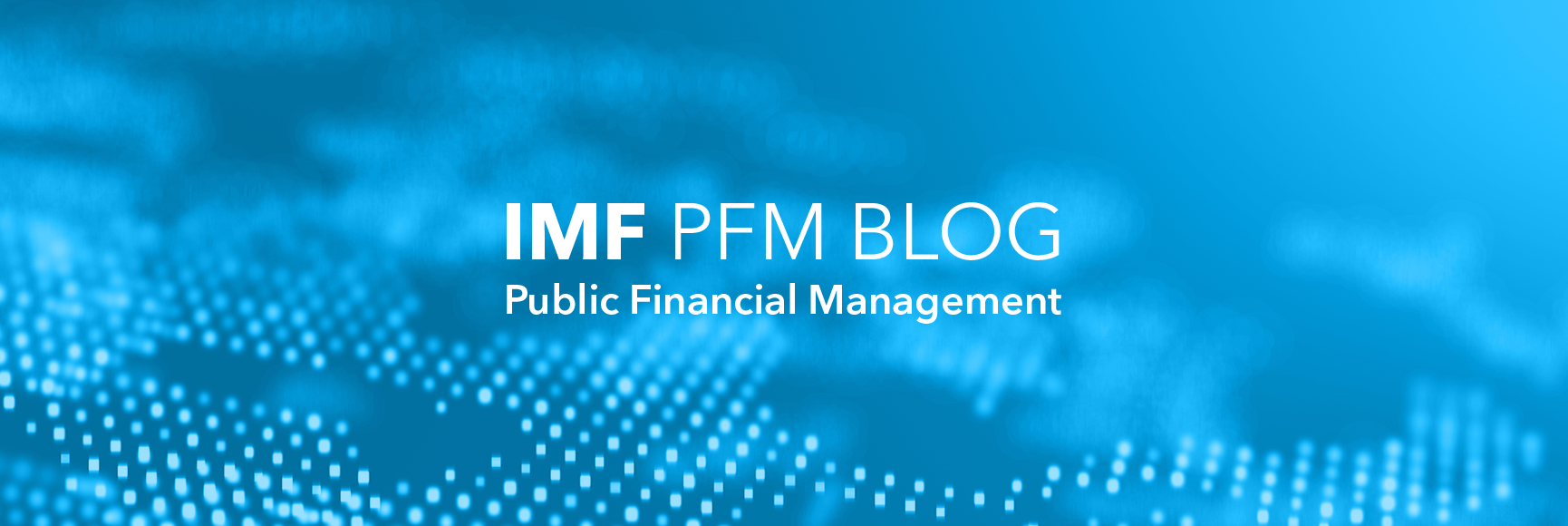
Posted by Serge Ramangalahy, Benoit Taiclet and Benoit Wiest[1]
A recent PFM Blog by Matthieu Sarda explained why the implementation of a treasury single account (TSA) is recognized as a core PFM reform in the eight West Africa Economic and Monetary Union (WAEMU) countries.[2] The article focused on how the TSA was introduced in Niger, and the challenges that were faced. The story now extends to Mali.
Why a TSA?
To start with a brief reminder. A TSA rests on sound banking arrangements and allows the pooling and optimization of government liquidity within a single bank account. The tool enables the Treasury to monitor its daily liquidity, improve cash planning, and manage short-term borrowing to sustain government business at optimal cost. Implementing a TSA complies with the regional framework adopted in 2009 by the Council of Ministers of the West African Economic and Monetary Union (WAEMU) to harmonize public finance management practices among member states.
Yet, crucial as a TSA may be, its implementation has proved challenging in the WAEMU countries. PFM reforms affecting government cash are most likely to encounter strong resistance from ministries and agencies that hold their “own” bank accounts. Hence the importance of backing the reform with strong political and institutional support.
Introducing a TSA in Mali: an International Partnership
On March 14, 2019, at a national seminar held in Mali’s capital city, Bamako, eleven of the country’s commercial banks signed a technical agreement with the government to operate a TSA. Since April, all the fourteen banks have joined the agreement. In Mali, this reform has been piloted at the highest level of the Ministry of Finance, and benefitted from a decade-long support of the IMF and financing from donors, notably Belgium and Japan.
The Treasury Single Account: Not Quite “Single”
The architecture adopted by Mali and other WAEMU countries revolves around a pivot account operated by the Central Bank of West African States (BCEAO). The government deposits cash into this account from other accounts, or subaccounts opened at the BCEAO or local commercial banks. For this to work efficiently, interconnections with the inter-banking system are very important. Therefore, operational protocols with the commercial banks are necessary to allow cash to flow regularly from bank accounts to the TSA, while managers are left with enough funds to ensure business continuity. This architecture has been detailed in an IMF technical note[3]. In fact, the TSA is more about establishing a banking network than managing all liquidity through a unique account.
Implementing the TSA, a Story of Pragmatism and Perseverance
The work in Mali began in 2009. One of the first steps was a stock-take of countless government bank accounts opened in commercial banks. Stress tests were then conducted to assess the impact that the potentially massive cash transfers following the launch of the TSA might have on the Malian banking system. A protocol to operationalize the TSA was agreed with the BCEAO. Much work had to be done by the Treasury to convince, again and again, users and stakeholders of the merits of the reform. These efforts bore fruit, and steady progress was made. Nowadays all government treasurers have a sub-account within the TSA, and domestic revenues flow through the banking network into the TSA. There are a few exceptions, however. Most of the state-owned agencies’ own resources and most donor funds are not yet managed under the TSA.
IT Systems: the "Backbone" of the Reform
IT systems in Mali are highly fragmented, with many imperfectly interconnected systems. It was therefore necessary to connect or interface the computerized government accounting system (AICE) with other information systems for budget, revenue and banking operations. These interconnections were meant to provide reliable and comprehensive information and allow for smooth and secure banking transactions, in real time. The WAEMU’s interbank systems (STAR and SICA) are also used to help manage the TSA. The upgraded version of the accounting system (AICE 2) will soon provide functionalities to operate all transactions through a single window, regardless of the transmission channel (central bank or commercial banks) and their amount.
An Inclusive and Wide-Ranging Approach
The approach adopted by the Treasury extended well beyond cash management. It involved all departments in the Ministry of Economy and Finance and 20 state-owned agencies and the commercial banks and the BCEAO. External and institutional communication campaigns have raised awareness of the TSA and strengthened the reform’s transparency and accountability. Not surprisingly therefore the TSA’s launch at the national seminar in Bamako was greeted by wide and enthusiastic media coverage (which included TV broadcasts, and articles in the newspapers and internet) before and during the event.
[1] Serge Ramangalahy is an FAD long term expert assigned to the Malian Treasury, Benoit Taiclet and Benoit Wiest are IMF/FAD Staff.
[2] Namely, Benin, Burkina Faso, Cote d’Ivoire, Guinea-Bissau, Mali, Niger, Senegal, and Togo.
[3] Refer to - Treasury Single Account: An Essential Tool for Government Cash Management by Sailendra Pattanayak and Israel Fainboim Download TNM/11/04
Note: The posts on the IMF PFM Blog should not be reported as representing the views of the IMF. The views expressed are those of the authors and do not necessarily represent those of the IMF or IMF policy.





